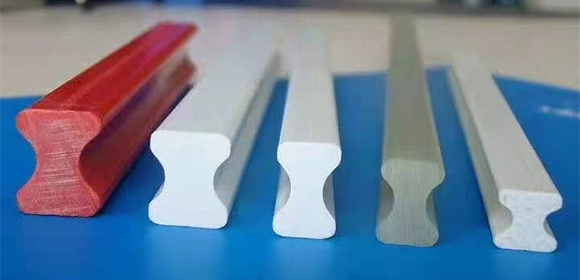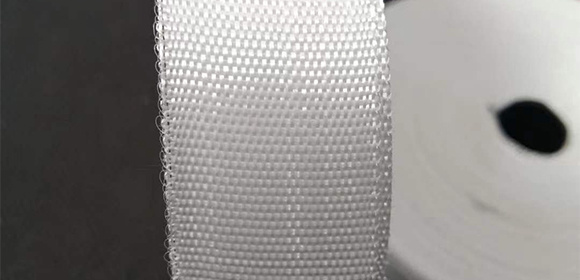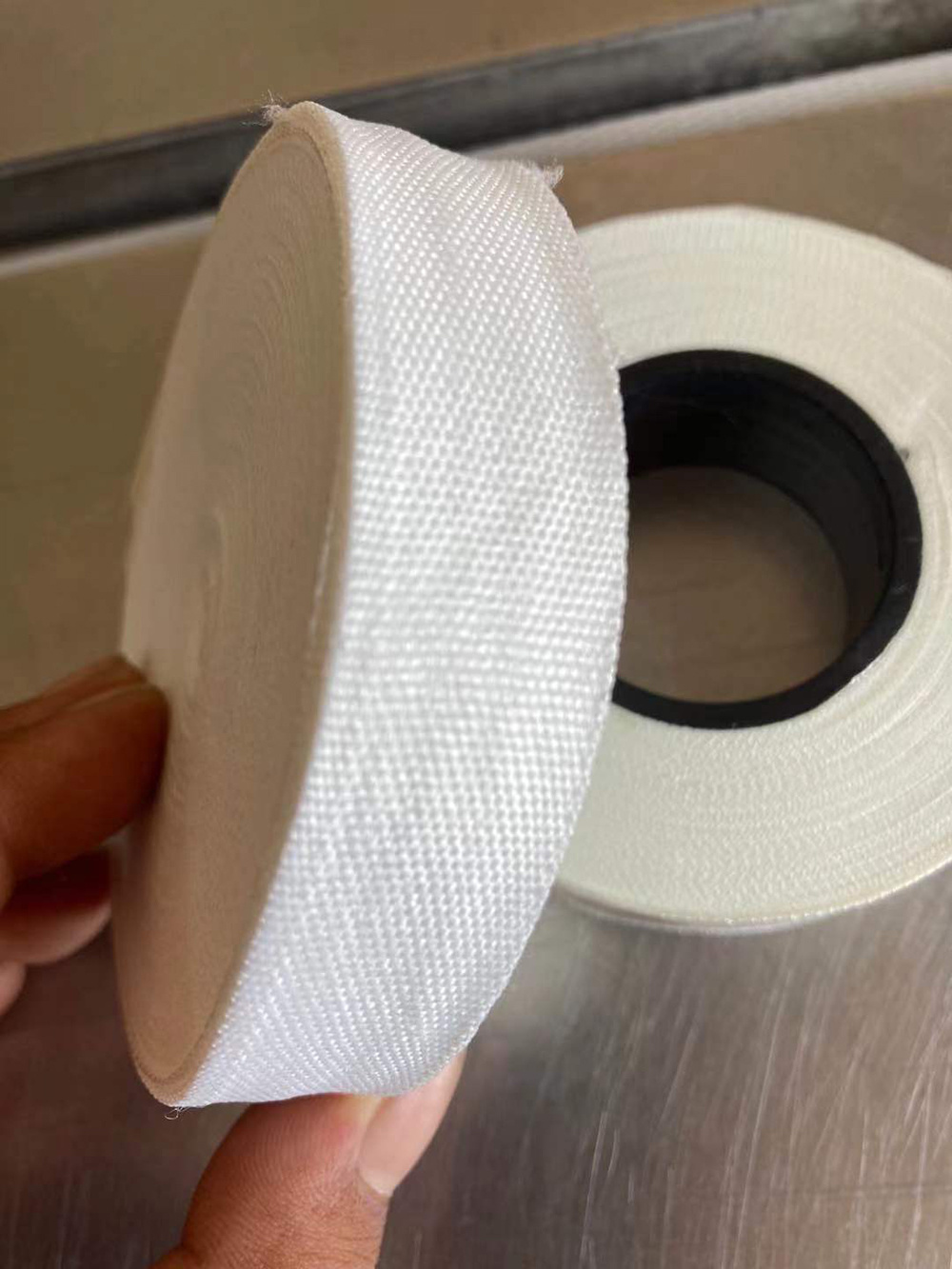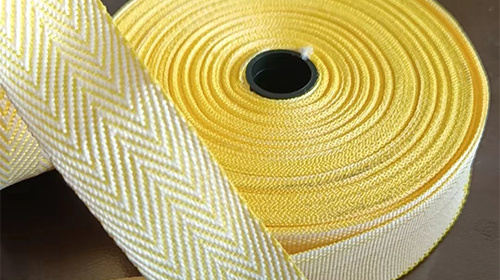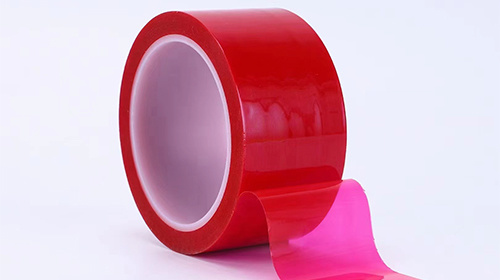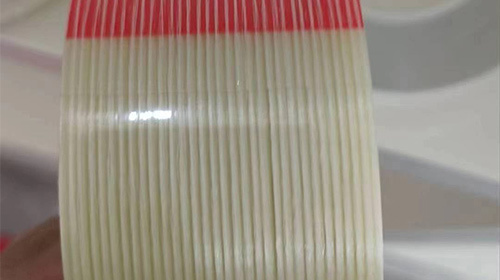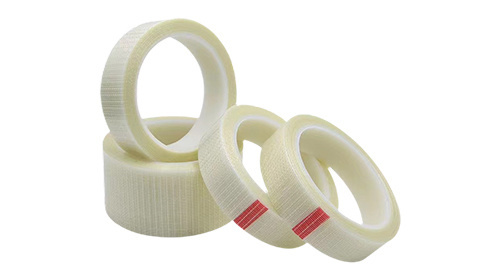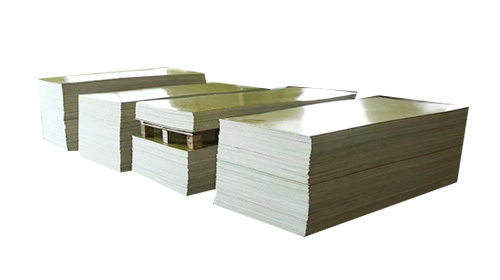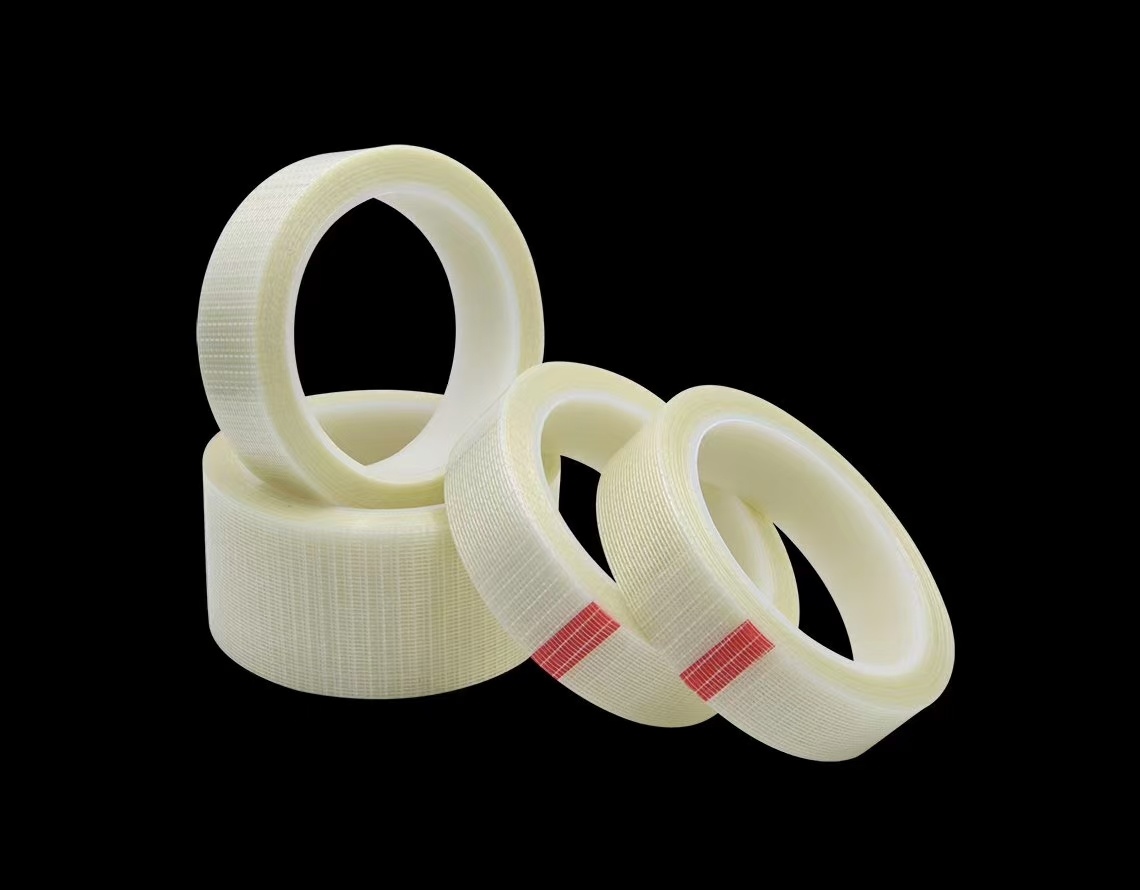Understanding Fiberglass Tape: A Versatile Insulation Solution for Electrical Applications
Fiberglass tape is a specialized type of insulating material widely used in the electrical and electronics industry. Made from woven fiberglass threads, it boasts remarkable strength and durability, making it an ideal choice for various applications in insulation and protection. One of the primary advantages of fiberglass tape is its ability to withstand high temperatures, which is essential for e
Fiberglass tape is a specialized type of insulating material widely used in the electrical and electronics industry. Made from woven fiberglass threads, it boasts remarkable strength and durability, making it an ideal choice for various applications in insulation and protection. One of the primary advantages of fiberglass tape is its ability to withstand high temperatures, which is essential for electrical work where heat generation can be a concern.
The main purpose of fiberglass tape is to provide insulation for electrical wiring, components, and connections. This insulating property is crucial as it helps to prevent electrical leakage, shorts, and potential hazards that can arise from exposed wiring. The tape can effectively serve as a protective barrier, ensuring that electrical systems operate safely and efficiently.
In addition to its excellent insulation properties, fiberglass tape is also resistant to chemicals, moisture, and UV radiation, which makes it suitable for both indoor and outdoor applications. This versatility means that fiberglass tape can be used in a variety of settings, from residential electrical systems to industrial machinery and equipment. Its resilience against environmental factors helps extend the lifespan of electrical components, thereby reducing maintenance costs and increasing reliability.
Another noteworthy feature of fiberglass tape is its ease of application. The tape can be easily cut to size and applied by hand, making it a convenient choice for electricians and technicians. Unlike some other insulating materials, fiberglass tape does not require specialized tools or equipment for installation; it adheres well to most surfaces, ensuring a strong and lasting bond.
Moreover, fiberglass tape is often used in conjunction with other insulation materials to enhance overall performance. For example, it can be layered over traditional insulating materials to provide additional protection against extreme heat or chemical exposure. This combination of materials allows for a more robust insulation solution tailored to specific project requirements.
Furthermore, fiberglass tape is available in various widths and thicknesses, allowing users to select the appropriate type for their specific needs. Whether for wrapping wires, reinforcing connections, or insulating components, the versatility of fiberglass tape makes it a go-to choice for many professionals in the electrical field.
In summary, fiberglass tape is an essential component in the electrical insulation industry, offering high-temperature resistance, chemical durability, and ease of application. Its ability to protect and insulate electrical systems makes it invaluable for ensuring safety and operational efficiency. Whether used in residential, commercial, or industrial applications, fiberglass tape stands out as a reliable solution for various electrical insulation needs.
The main purpose of fiberglass tape is to provide insulation for electrical wiring, components, and connections. This insulating property is crucial as it helps to prevent electrical leakage, shorts, and potential hazards that can arise from exposed wiring. The tape can effectively serve as a protective barrier, ensuring that electrical systems operate safely and efficiently.
In addition to its excellent insulation properties, fiberglass tape is also resistant to chemicals, moisture, and UV radiation, which makes it suitable for both indoor and outdoor applications. This versatility means that fiberglass tape can be used in a variety of settings, from residential electrical systems to industrial machinery and equipment. Its resilience against environmental factors helps extend the lifespan of electrical components, thereby reducing maintenance costs and increasing reliability.
Another noteworthy feature of fiberglass tape is its ease of application. The tape can be easily cut to size and applied by hand, making it a convenient choice for electricians and technicians. Unlike some other insulating materials, fiberglass tape does not require specialized tools or equipment for installation; it adheres well to most surfaces, ensuring a strong and lasting bond.
Moreover, fiberglass tape is often used in conjunction with other insulation materials to enhance overall performance. For example, it can be layered over traditional insulating materials to provide additional protection against extreme heat or chemical exposure. This combination of materials allows for a more robust insulation solution tailored to specific project requirements.
Furthermore, fiberglass tape is available in various widths and thicknesses, allowing users to select the appropriate type for their specific needs. Whether for wrapping wires, reinforcing connections, or insulating components, the versatility of fiberglass tape makes it a go-to choice for many professionals in the electrical field.
In summary, fiberglass tape is an essential component in the electrical insulation industry, offering high-temperature resistance, chemical durability, and ease of application. Its ability to protect and insulate electrical systems makes it invaluable for ensuring safety and operational efficiency. Whether used in residential, commercial, or industrial applications, fiberglass tape stands out as a reliable solution for various electrical insulation needs.






